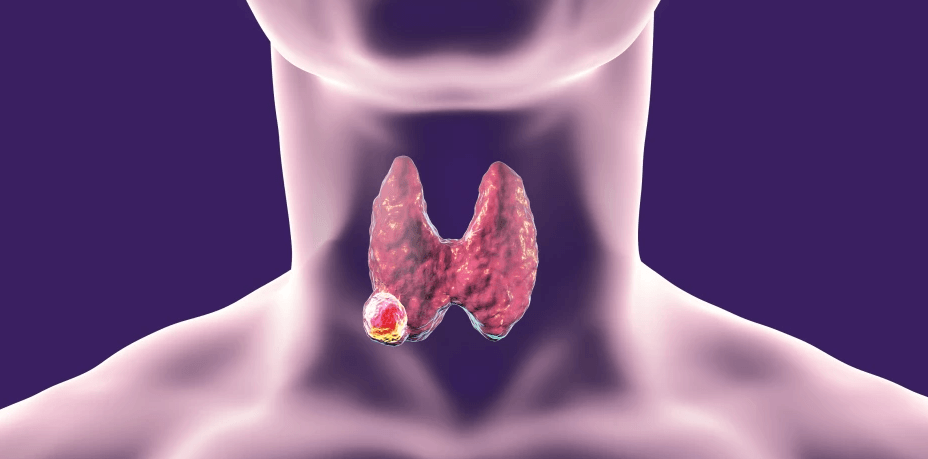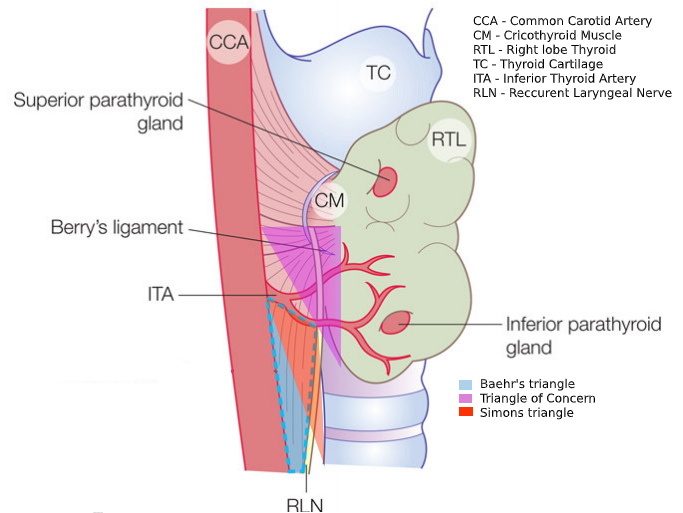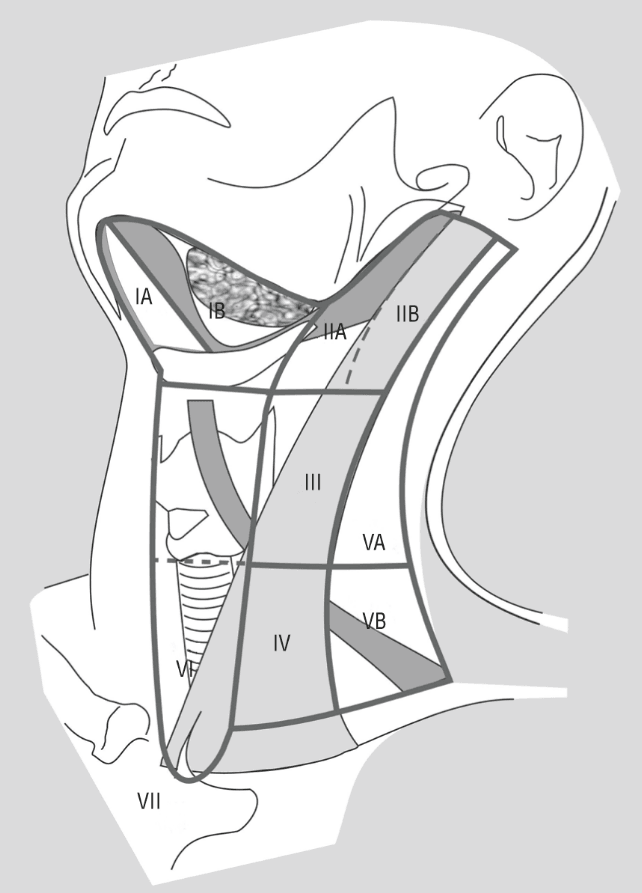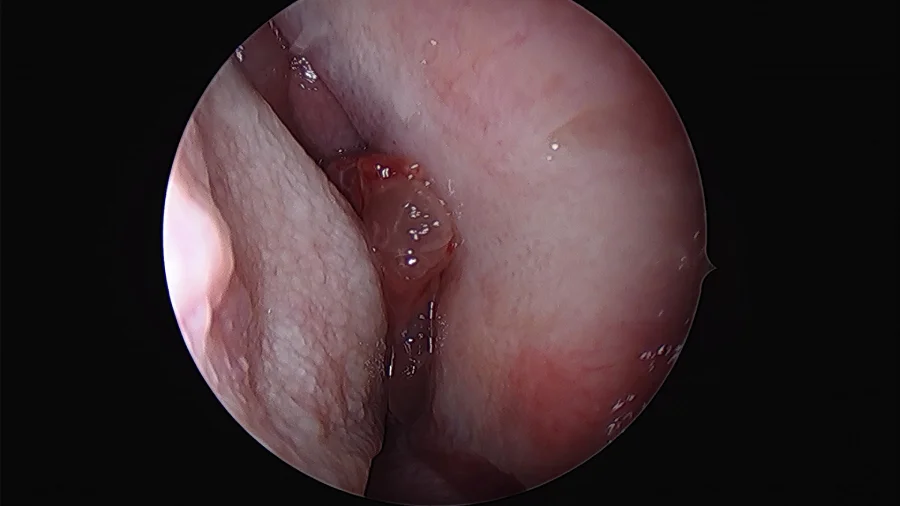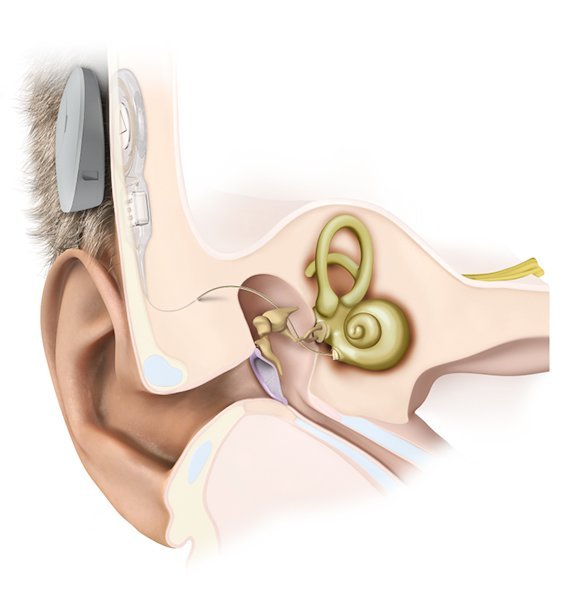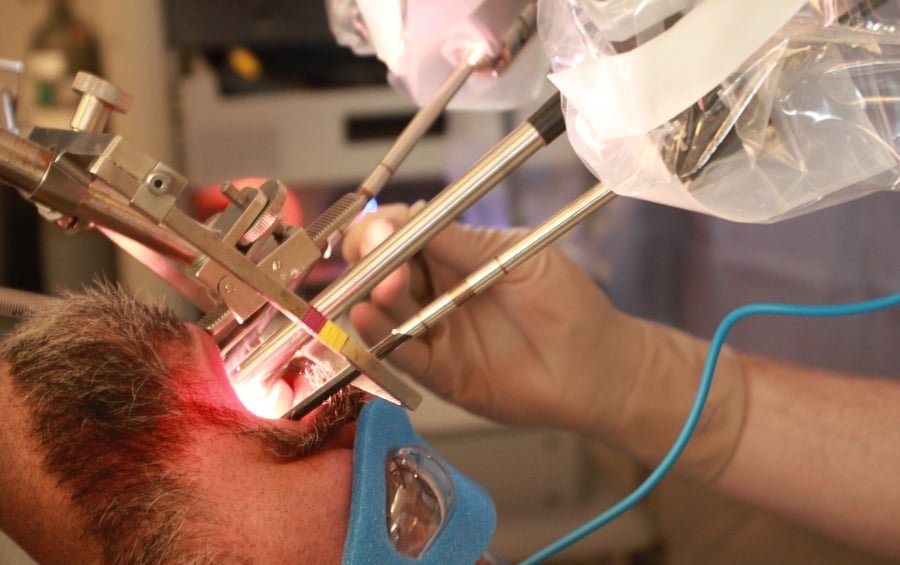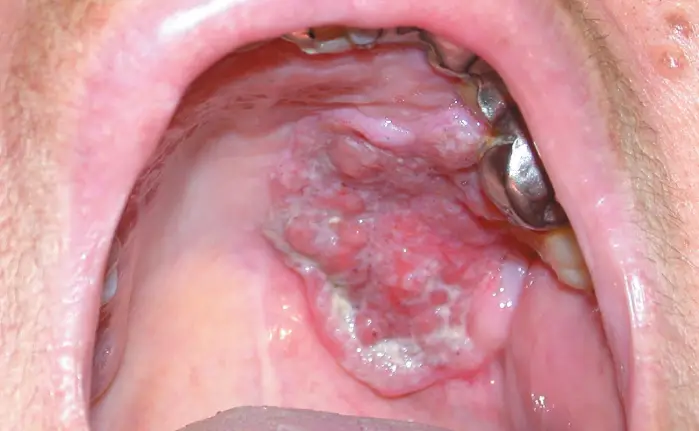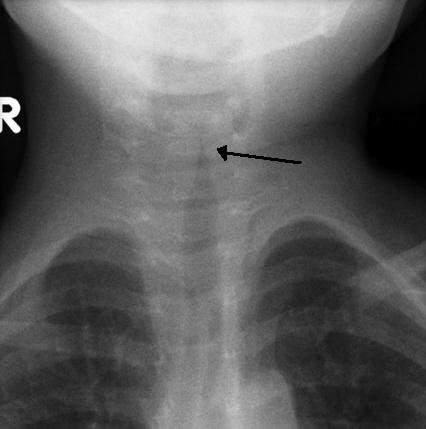Pediatric Hearing loss: What Parents Need to Know?
Pediatric Hearing loss is one of the leading birth defects in humans, occurring in about five out of every 1,000 children worldwide. Hearing loss or deafness in children is a […]
Posted on
Updated Guidelines for Management of Thyroid Disease in Adults
Thyroidectomy is a commonly performed surgical procedure for the partial/complete removal of the thyroid gland. According to the United states data, over 100,000 thyroid operations are performed annually in the […]
Posted on
Important Triangles in Thyroid Surgery
Thyroidectomy is a surgical procedure involving removal of the thyroid glands. The procedure can be a hemi-thyroidectomy (partial removal) or can be a total thyroidectomy. The most important thing about […]
Posted on
TNM Staging of Salivary Gland Cancers
Once a person is diagnosed with cancer, the next step before deciding on treatment options is a determination of the stage of the cancer. Staging of salivary gland cancers is […]
Posted on
Classifications of Neck Dissection
Neck dissection (ND) is a complex surgical operation involving the removal of potential or proven metastases to cervical lymph nodes. The aim of the procedure is to remove lymph nodes […]
Posted on
Clinical Practice Guideline on Management of Nose Bleed (Epistaxis)
Nose bleed or Epistaxis is a common clinical condition that occurs at some point in at least 60% of people in the United States. While the majority of nosebleeds are […]
Posted on
Inverted Papilloma – Clinical features, Diagnosis and Treatment
Inverted papilloma is a rare, benign but locally aggressive neoplasm that arises in the Schneiderian epithelium which lines the nasal cavity and paranasal sinuses. It is also known as Ringertz […]
Posted on
Middle Ear Hearing Implants – An Overview
Middle ear hearing implants belongs to the group of Implantable Acoustics or Mechanical hearing devices which are used in rehabilitative management of patients with hearing loss, offering an alternative to […]
Posted on
Radiotherapy is better than TORS for Oropharyngeal Cancers – ORATOR Says
The mainstay of treatment for oropharyngeal squamous cell carcinoma is chemoradiotherapy. The separation of oropharyngeal cancers into Human papillomavirus (HPV) positive and negative based on the etiology has shown that […]
Posted on
Role of Surgery in the Treatment of Oropharyngeal Cancers
Prior to 1990, the mainstay of treatment for oropharyngeal cancers were surgeries. These large, invasive, open approaches like mandibulotomy, tongue pull through (described below), etc were associated with severe compromise […]
Posted on
Subglottic Stenosis – Clinical Features and Treatment
Subglottic stenosis is a clinical condition occurring due to the narrowing of the subglottic lumen of the larynx (voice box) at the region of the cricoid cartilage. Based on the […]
Posted on
First bite syndrome – Clinical presentation, Diagnosis and Treatment
First bite syndrome is a clinical condition occurring as a complication of surgeries involving the infratemporal fossa, deep lobe of the parotid gland, parapharyngeal spaces and manipulation or ligature of […]
Posted on
Thyroid Imaging Reporting and Data System (TI-RADS)
Thyroid nodules are extremely common with a reported prevalence ranging between 8.2% and 64.6% in autopsies and 19% to 68% in adults on high-resolution ultrasound. Most of the time, thyroid […]
Posted on
ATA Risk Stratification for Differentiated Thyroid Cancers
Thyroid cancer is the most common endocrine malignancy, and the prevalence of differentiated thyroid cancer is becoming increasing worldwide. Among the differentiated thyroid cancers (DTC) papillary thyroid cancer (PTC) and […]
Posted on

